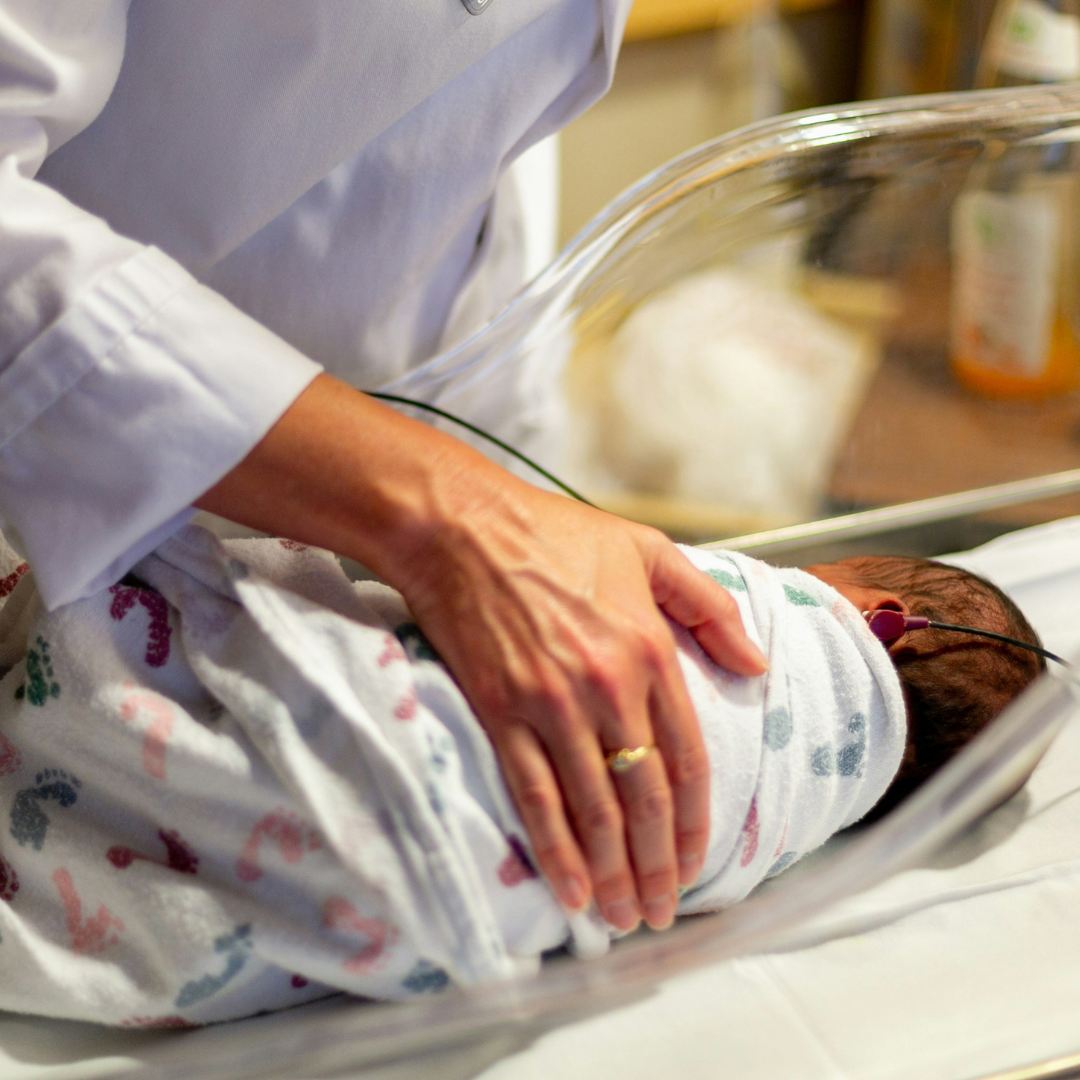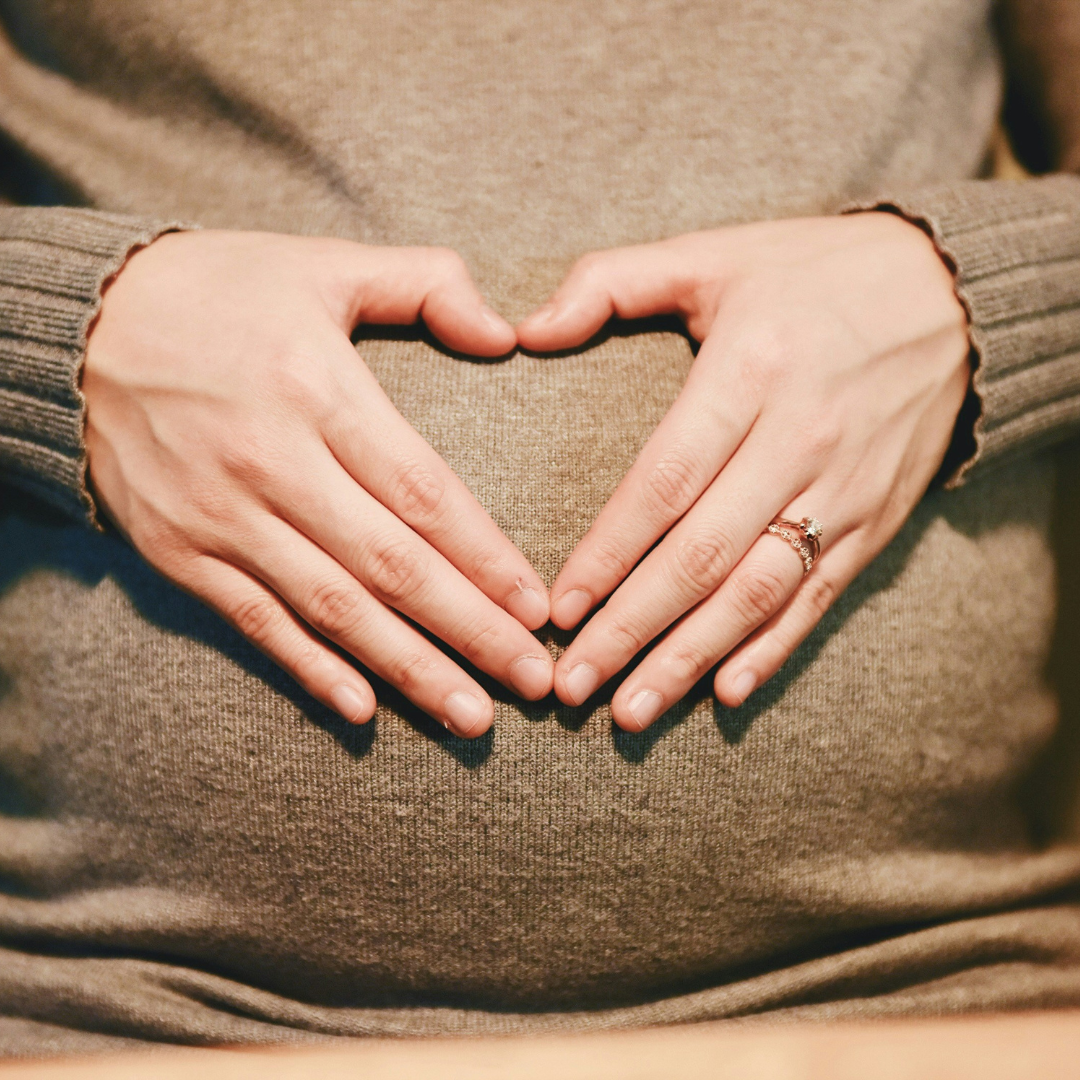


You’ve made it through the months of pregnancy, all the kicks, the cravings, the check-ups, the nursery preparations, and now your due date is just around the corner. You might be feeling excited, anxious, a little impatient, or all of the above. But how will you actually know when labor is about to begin?
It’s one of the most common questions in the final stretch. And while there’s no way to pinpoint the exact hour of childbirth, there are several signs your body gives when active labor is approaching. Some of these clues may show up a few days in advance, while others may appear just hours before things begin.
In this article, we’ll walk you through the most common signs labor is 24 to 48 hours away, so you can feel a little more prepared for what’s ahead.
1. You feel “lighter”
In the final days before labor, your baby usually “drops” lower into your pelvis in a process called lightening. You might suddenly feel like you can breathe a bit easier, as there’s less pressure on your lungs. At the same time, you may notice more pressure in your lower belly or pelvis, sometimes making it feel like baby is sitting very low.
This shift can happen a few weeks before labor or just a day or two before things kick off. If it happens alongside other 39 weeks pregnant signs, like cramps or backache, it might mean labor isn’t far away.
If sitting or sleeping feels more uncomfortable now, try a little extra support. Propping yourself up with a nursing pillow can help ease pressure on your back and hips and you can keep using it after birth for feeding and extra comfort.
2. Braxton Hicks contractions
Braxton Hicks contractions are your body’s way of practicing for labor. They’re often called “false labor,” but they do serve a purpose by helping your uterus get ready for the real thing.
These practice contractions can feel like tightening across your bump, but they usually go away if you change position, drink water, or rest. In the last few days before labor, Braxton Hicks can become more frequent and intense, which can be confusing.
If you are wondering how to tell the difference, real labor contractions get longer, stronger, and closer together over time. Braxton Hicks stay irregular and tend to fade with rest. But if you’re having a lot of tightening that doesn’t ease up, it could mean labor is just around the corner.
3. More discharge or the “mucus plug”
Your cervix produces mucus during pregnancy to help keep bacteria out of the uterus. As your body gets ready for labor, this mucus plug can loosen and come out. It might look like a thick, jelly-like glob or string of mucus. It may be clear, white, slightly pink, or even tinged with blood.
Losing your mucus plug is a very common early sign that your cervix is softening or starting to dilate, both signs of pre labor progression. Some people lose it days before labor begins. For others, it happens just hours before things really get going.
4. You have a burst of energy or you’re completely exhausted
In the final day or two before labor, some women notice a sudden burst of energy. You might find yourself cleaning the fridge at 10 PM, organizing tiny socks, or repacking your hospital bag. This “nesting instinct” is a natural urge to get everything ready for baby.
On the other hand, some women feel completely exhausted right before labor begins, needing long naps, quiet time, or early nights. Either of these shifts can be your body’s way of preparing for parturition.
If you’re in nesting mode, try not to overdo it. And if you’re exhausted, lean into it. Rest is one of the best things you can give yourself in these final hours.
5. Cramps and/or back pain
This is one of the more common and silent labor signs. You might feel dull, period-like cramps in your lower abdomen or a steady ache in your back. This discomfort can come and go or feel constant as your cervix begins to thin out and dilate.
Some describe it as pressure that radiates down into the pelvis or thighs. It can last for hours or days before transitioning into noticeable labor and delivery contractions. Adding extra pillows or lying on your side can help ease the strain, especially in these final hours.
6. Your body is "clearing out" and you’re losing weight
As labor nears, your body starts clearing itself out through loose stools, more frequent urination or even vomiting. While not exactly beautiful, this is a common sign that hormones are shifting and your digestive system is clearing the decks for birth.
It might feel like a sudden change in your digestion or a noticeable increase in bowel movements. While it’s not the most comfortable sign, it’s your body doing some behind-the-scenes prep work.
With this you might experience some weight loss. This might be scary at first as you might not expect any weight loss until after delivery. This is not fat loss, though. Instead, it’s your body shedding excess water weight.
7. Loosening of joints
As you near labor, your body produces more of the hormone relaxin. This helps soften and loosen the joints and ligaments in your pelvis, making room for baby to move down and prepare for birth.
Relaxin can also affect digestion, so a sudden bout of diarrhea in the day or two before labor is common and completely normal. Some women even report this as one of those weird signs that labor is coming.
8. You just feel different
It’s hard to explain, but many women describe a shift in their mindset or energy just before labor. You might feel more emotional or sensitive, more inward-focused, or like something big is about to happen.
Trust that instinct. You know your body better than anyone. If something feels different, or like it’s “time,” even if there aren’t clear signs, it might be your body’s way of telling you that labor is coming soon.
9. Your water breaks
This is the sign every women expects, but in reality, only about 10 to 15 percent of labors start with your water breaking.
When your water breaks, it can be a slow trickle or a noticeable gush of fluid. It’s usually clear and odorless. Once this happens, labor and delivery often begins within 12 to 24 hours if it hasn’t already.
If your water breaks and contractions haven’t started yet, contact your midwife or birth team to talk about next steps. You’ll likely be asked to come in for monitoring, especially if there are any signs of meconium in the fluid or if it’s been a while since it broke.
If you’re under 37 weeks when this happens, it may be a sign of preterm labor and should be evaluated right away.
What if I’m still not sure?
It is important to remember that labor can look different for everyone. Some people experience every sign and still don’t go into labor for days. Others don’t notice much at all before suddenly finding themselves timing contractions.
If you’re ever unsure about what you’re feeling, it’s always okay to reach out to your midwife, or healthcare practitioner. They’re there to guide you and help you feel confident and supported.
A few things to prepare while you wait
If you think labor might be 24 to 48 hours away, this is a great time to:
- Double check your hospital or birth bag
- Set up baby’s cradle or baby hammock
- Wash any last-minute muslins, baby clothes or bed linen.
- Make sure your phone is charged and your camera is ready
- Rest as much as you can, even if sleep feels tricky
Most of all, be kind to yourself. These final hours are full of emotion, anticipation, and often some physical discomfort. Rest as much as possible and know that your baby is almost here!




































